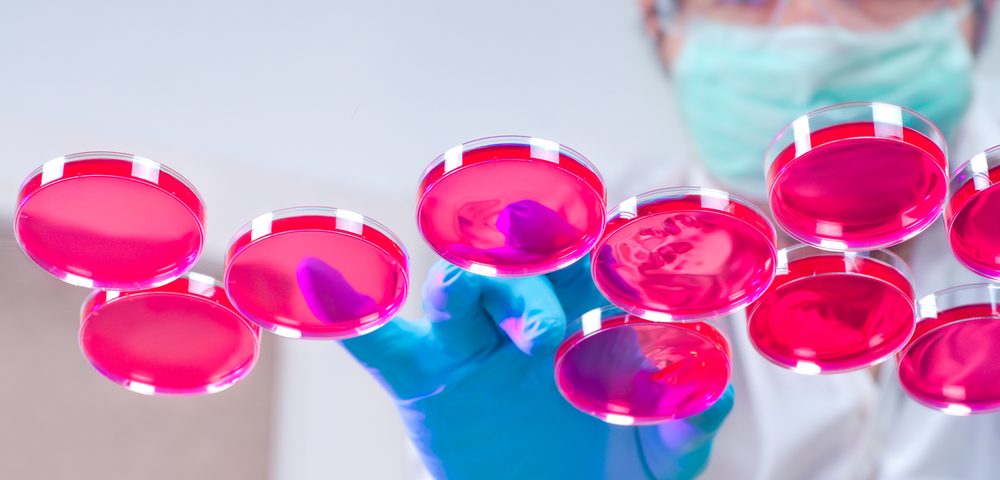A naturally occurring substance called endostatin may be the key to preventing prostate cancer from progressing to castration-resistant prostate cancer (CRPC), an advanced stage of the disease in which patients no longer respond to hormone therapies.
Endostatin can slow the growth of CRPC cell lines, and overcome resistance to androgen-deprivation therapies, by reducing oxidative stress in prostate cancer cells, researchers found. Oxidative stress refers to the body’s inability to produce enough antioxidants to counter harmful free radicals.
The study, “Endostatin inhibits androgen-independent prostate cancer growth by suppressing nuclear receptor-mediated oxidative stress,” was published in The FASEB Journal.
Almost all prostate cancer patients who are on androgen deprivation therapies become resistant to them over time. For such patients, who are deemed castration-resistant, treatment options are limited.
Researchers believe the oxidative stress induced by androgen-deprivation therapies contributes to CRPC development by reactivating androgen receptor signaling.
Because androgens appear to help protect against oxidative stress, several studies have reported an increase in oxygen reactive species when androgen levels are reduced.
Researchers at the University of Alabama at Birmingham hypothesized that the oxidative stress caused by lack of androgen could be triggered at the glucocorticoid receptor level. Since endostatin is known to interact with this receptor, if their hypothesis proved correct, endostatin would eliminate oxidative stress and reduce resistance to its use.
As expected, endostatin triggered physiological changes that eliminated oxidative stress from prostate cancer cells, and reduced levels of the androgen receptor. The researchers said endostatin was likely working by targeting both the androgen receptor and the glucocorticoid receptor.
They found that most of the cell machinery involved in destroying reactive-oxygen species was up-regulated — that is, had increased its response to endostatin. The team also found that the cells changed their metabolism to increase the amount of glucose they took in as their main energy source.
The researchers said endostatin may be most effective when given to prostate cancer patients at early stages, in combination with frontline androgen-deprivation therapy.
“We hope we can delay the onset of castration-resistant disease,” Selvarangan Ponnazhagen, PhD, a professor in UAB’s Department of Pathology, said in a press release. Ponnazhagen, who led the study, holds an endowed professorship in experimental cancer therapeutics.

